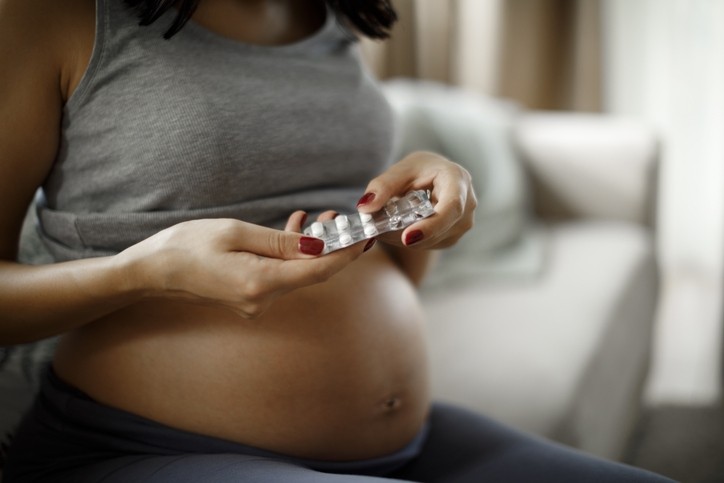Study: Not all iron supplements for pregnant women should be “considered equal”

Iron deficiency is a worldwide issue and is estimated to affect over 40% of women of childbearing age in certain countries.
A primary nutritional role of iron is to support erythropoiesis, the body's process of making red blood cells.
When the body has a limited supply of iron, it directs that iron primarily to the production and maintenance of red blood cells, prioritising that over all other systems, including those involved in developing the foetus.
Iron salts such as ferrous sulphate are commonly provided as oral supplements to prevent and treat iron deficiency.
However many consumers are reluctant to take iron supplements during pregnancy as they often cause side-effects to the digestive system, such as discomfort, constipation or diarrhoea.
Ferrous bisglycinate is a novel amino acid iron chelate that is thought to be more bioavailable and associated with fewer GI adverse events as compared with iron salts.
Ferrochel is a fully chelated iron formed by binding iron to two organic glycine molecules, designed to utilise its small molecular size to remain intact throughout the GI tract for optimal absorption.
According to Balchem, this more bioavailable form of iron is essential for pregnant women and growing children.
The study
The authors of the current study conducted a systematic search of electronic databases up to July 2020, yielding 17 randomised controlled trials (RCTs) which focused on over 1,100 children and pregnant women.
All RCTS included in the study reported haemoglobin or ferritin concentrations following at least 4 weeks' supplementation of ferrous bisglycinate compared with other iron supplements in any dose or frequency.
Random-effects meta-analyses were conducted among trials of pregnant women (n = 9) and children (n = 4); pooled estimates were expressed as standardised mean differences (SMDs).
Incidence rate ratios (IRRs) were estimated for GI adverse events, using Poisson generalised linear mixed-effects models.
Compared with other iron supplements, supplementation with ferrous bisglycinate for 4-20 weeks resulted in higher haemoglobin concentrations in pregnant women (SMD, 0.54 g/dL; 95% confidence interval [CI], 0.15-0.94; P < 0.01) and fewer reported GI adverse events (IRR, 0.36; 95%CI, 0.17-0.76; P < 0.01).
Crystal Karakochuk, lead researcher on the study, states: “These findings are important as they confirm that not all oral iron supplements should be considered as equal. The ideal form of iron in prenatal multiple micronutrients should be highly bioavailable and have a low risk of gastrointestinal side effects to optimise adherence and reduce the risk of iron deficiency anaemia during pregnancy.
“Ultimately, our findings show promise for ferrous bisglycinate as a superior form of supplemental iron compared to iron salts.”
Further research
Following this initial study, Balchem has now commissioned a new clinical trial on Ferrochel in pregnant women with the same research team, which aims to begin recruitment in Autumn 2023.
This research aims to provide further insights into the optimal forms of iron to be used across various ages and stages of life.
Journal: Nutrition Reviews
https://pubmed.ncbi.nlm.nih.gov/36728680/
“The effects of oral ferrous bisglycinate supplementation on hemoglobin and ferritin concentrations in adults and children: a systematic review and meta-analysis of randomized controlled trials.”
Authors: Jordie A J Fischer, Arlin M Cherian, Jeffrey N Bone, and Crystal D Karakochuk.




